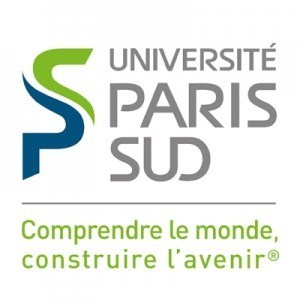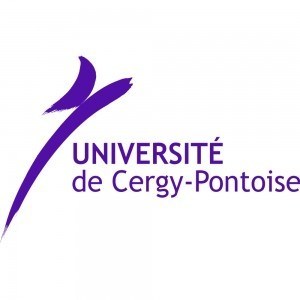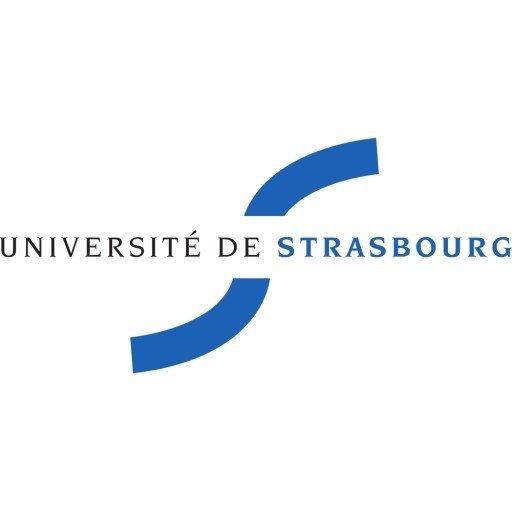Photos of university
The "Nuclei Particles Astroparticles Cosmology" master's program at Paris-Saclay University offers a comprehensive and multidisciplinary education focused on the fundamental aspects of the universe. This program is designed to provide students with in-depth knowledge of nuclear physics, particle physics, astrophysics, and cosmology, integrating theoretical foundations with practical research skills. Students will explore the microcosm by studying atomic nuclei, subatomic particles, and their interactions, while also examining the macrocosm through the investigation of cosmic phenomena and the large-scale structure of the universe. The program emphasizes the interconnectedness of these fields, enabling students to understand how fundamental particles influence cosmic evolution and structure formation.
Throughout the course, students will engage with cutting-edge topics such as high-energy astrophysics, the physics of the early universe, dark matter and dark energy, gravitational waves, and astrophysical instrumentation. They will have the opportunity to acquire advanced skills in data analysis, numerical simulations, and experimental techniques employed in current research projects. The curriculum includes coursework, laboratory work, and research internships, facilitating hands-on experience and preparing graduates for careers in academia, research institutions, or industry sectors related to space science, nuclear technology, or scientific consulting.
The program benefits from the strong research environment of Paris-Saclay University and collaboration with leading laboratories and observatories. Graduates will be well-equipped to contribute to scientific advancements in understanding the universe’s fundamental constituents and processes. Upon completion, students will possess a unique combination of theoretical knowledge and practical competencies, making them competitive in the global scientific community. This master's program aims to nurture innovative researchers and specialists committed to exploring the mysteries of the cosmos and pushing the boundaries of contemporary astrophysics and particle physics.
The year is divided into 2 semesters.
- During the first semester, September is fully dedicated to an experimental project of laboratory work. Then, from October to January, the students follow 3 main courses (60 hours each), one detector course and an optional course (chosen between general relativity and accelerator physics).
- During the second semester, the students take a 2 weeks advanced level lecture course on the physics field related to its future PhD. During these 2 weeks, they also follow a computing course and project. Between March and June, the students have a laboratory internship, within the team of their future PhD.
Courses
- Experimental Project
- Quantum field theory
- Particles Physics
- Astroparticles and Cosmology
- From nuclei to stars
- Detector physics
- General relativity
- Accelerator physics
- 1 advanced lecture
- Computing course and project
- Internship
Candidates must have completed successfully a Master 1 level degree in fundamental physics, or have an engineering diploma with a large physics component. In either case, candidates should have a strong background in modern physics subjects such as quantum mechanics and statistical physics. It is strongly recommended to have also studied at least one of NPAC’s main fields.
The selection is based on the application form and an interview with the directors of the program.
Scholarships
- Paris-Saclay Master's Scholarship programme
- « Île de France » Master Scholarship program
- Eiffel Scholarship Program
- Paris-Sud University's Top-Up
The Nuclei, Particles, Astroparticles, and Cosmology program at Paris-Saclay University offers a comprehensive education and research experience in the fundamental sciences related to the understanding of the universe. This interdisciplinary program focuses on the study of subatomic particles, nuclear physics, astrophysics, and cosmology, equipping students with both theoretical knowledge and practical skills necessary to explore the mysteries of the universe at the smallest and largest scales. Students will have the opportunity to engage in cutting-edge research projects involving particle accelerators, observational astrophysics, and theoretical modeling, often collaborating with leading research institutes and laboratories affiliated with the university. The curriculum is designed to provide a solid foundation in physics, mathematics, and computational methods, along with specialized courses in nuclear physics, astrophysics, cosmology, quantum mechanics, and experimental techniques. The program emphasizes hands-on laboratory work, participation in international research teams, and the development of data analysis skills, preparing graduates for careers in academia, research institutions, or industry sectors related to high-energy physics and space sciences. Additionally, students benefit from expert lectures, seminars, and workshops, which foster critical thinking and innovation. The program also encourages students to undertake internships and joint research projects, often in collaboration with CERN or other international organizations. Graduates of this program are well-positioned to contribute significantly to advancing our understanding of fundamental physical laws, the composition and evolution of the universe, and the origins of cosmic phenomena. Overall, the Nuclei, Particles, Astroparticles, and Cosmology program at Paris-Saclay University aims to cultivate highly skilled scientists capable of tackling the most profound questions about the universe through rigorous scientific methods, innovative research, and a global perspective.







